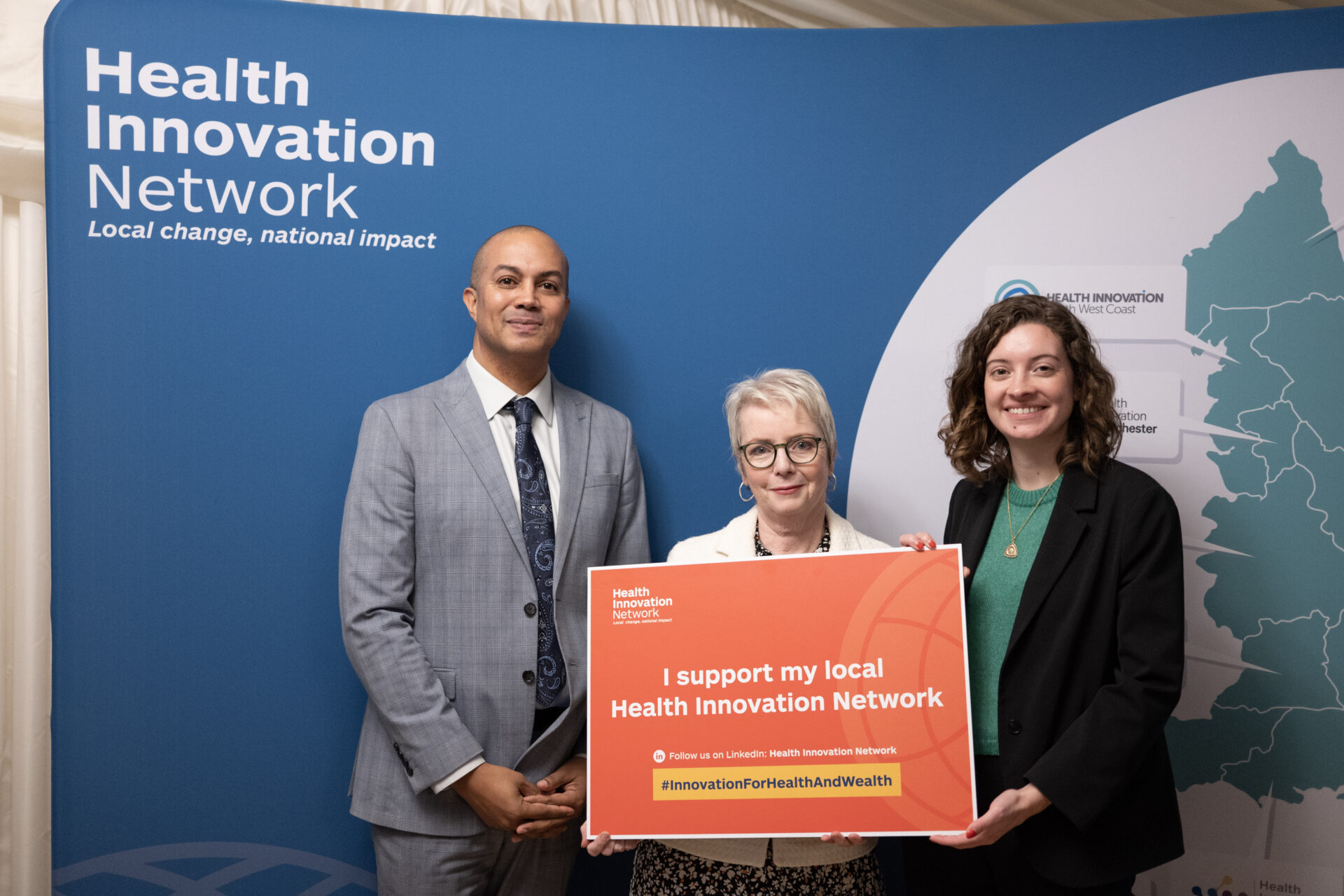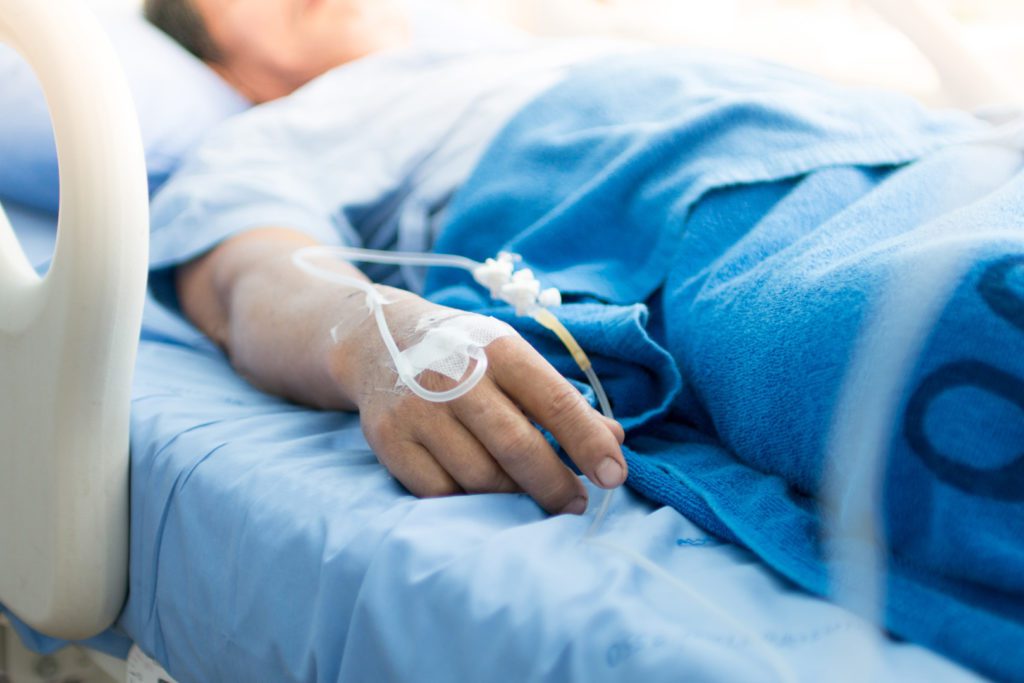The National Early Warning Score (NEWS) is used by GPs, all ambulance services and most acute hospital trusts to check patients who may be at increasing risk of deterioration or developing sepsis.
You can read an overview of spotting serious illness and sepsis.
How NEWS works
NEWS has been created by the Royal College of Physicians (RCP) and is endorsed by NHS England and Improvement. It is a simple scoring system based on six common physiological measurements:
- Respiration rate
- Oxygen saturation
- Systolic blood pressure
- Pulse rate
- Level of consciousness or new confusion
- Temperature

If you are not able to take the measurements required to complete a NEWS score, you can still watch out for early ‘soft signs’ to help you recognise physical deterioration and take the appropriate actions. Find out about some of the ‘soft signs’ tools available here.
Resources for using NEWS in practice
These short training films have been produced by Wessex Academic Health Science Network, West of England Academic Health Science Network (AHSNs) and West Hampshire Clinical Commissioning Group (CCG), funded by Health Education England (HEE). They are part of a series of free videos and e-learning materials .
- NEWS: What is it?
- Measuring the respiratory rate
- Measuring oxygen saturation
- Measuring blood pressure
- Measuring the heart rate
- Measuring level of alertness
- How to measure temperature
- Calculating and recording a NEWS score
The RCP has issued updated guidance on the use of NEWS during the COVID-19 pandemic. It has also published additional guidance on ‘incomplete NEWS’: what to do if it isn’t possible to take all of the measurements required. A patient may trigger on a single measure or an aggregate score, even if incomplete.
OCB media is kindly offering all NHS staff caring for patients with COVID-19 use of its NEWS2 e-learning package free of charge.
Help with implementing NEWS
England’s 15 Patient Safety Collaboratives (PSCs) are commissioned by NHS England and Improvement to increase the uptake of NEWS as part of the National Patient Safety Improvement Programmes Managing Deterioration work. PSCs are hosted by Academic Health Science Networks (AHSN) and you can find your local AHSN.
Follow this link for more information on patient safety during COVID-19.
Acknowledgements
Information about NEWS on this page has been reproduced from: Royal College of Physicians. National Early Warning Score (NEWS) 2: Standardising the assessment of acute-illness severity in the NHS. Updated report of a working party. London: RCP, 2017.
The films on this page are part of a Health Education England e-learning package. To obtain a certificate of learning, it is recommended that you access the films as part of the full training on their e-Learning for Healthcare (e-LfH) hub.

Join us on 11 and 12 June in Manchester to find out how the Health Innovation Network is improving health and driving wealth through health innovation. This year we’ll be joined on our stand by 18 Network-supported innovators, showcasing innovations which are helping to deliver the Government’s three shifts for the NHS and solve some [...]

The Health Innovation Network is delighted to announce the launch of Innovation Insights, a brand-new webinar series designed to highlight the latest in health innovation, offering attendees valuable insights into the adoption and spread of innovation within the health and care landscape. Each interactive webinar will feature: Expert presentations: Delivered by thought leaders across [...]

The Health Innovation Network, at an event sponsored by Sarah Coombes MP, brought together parliamentarians including Health Minister Karin Smyth MP and Chair of the Science, Innovation and Technology Committee, Chi Onwurah MP to meet with six innovators supported by health innovation networks across the country and their NHS partners. At the Meet the Innovators: [...]






